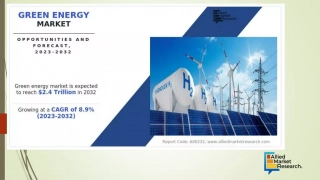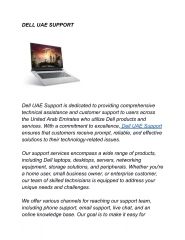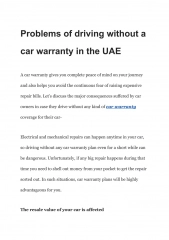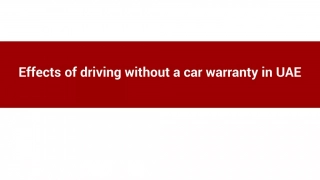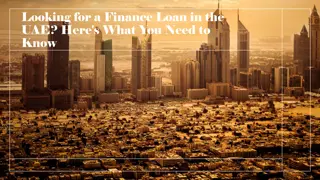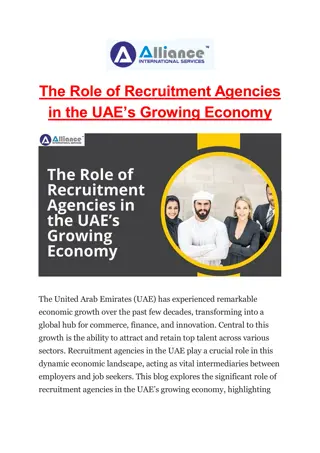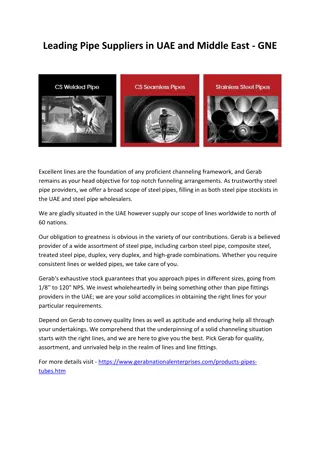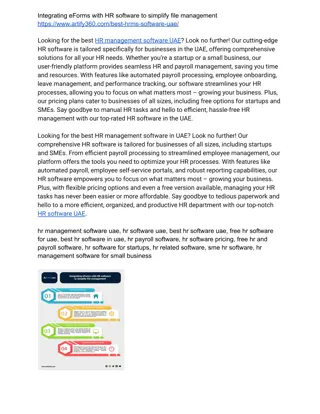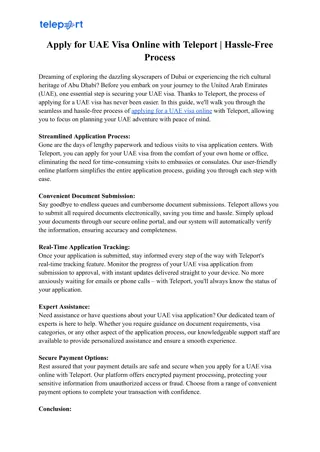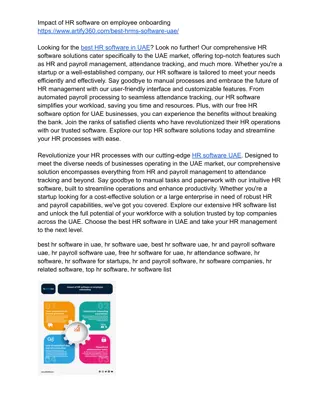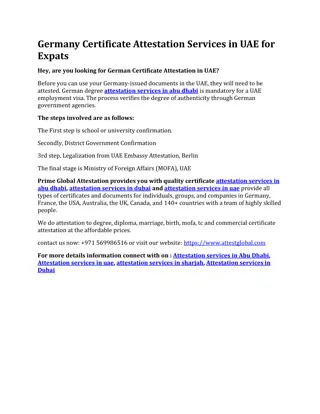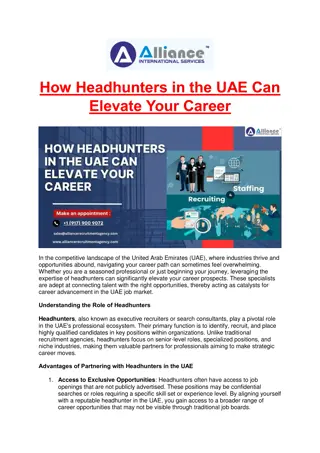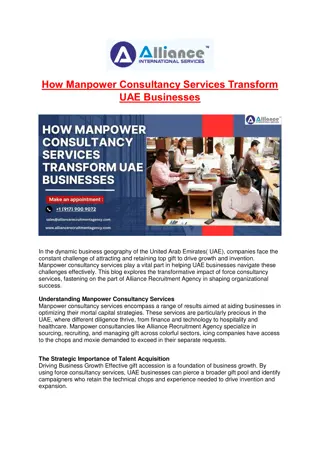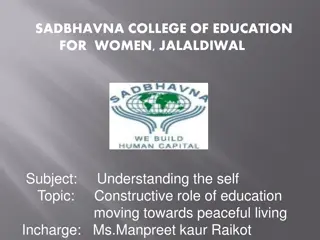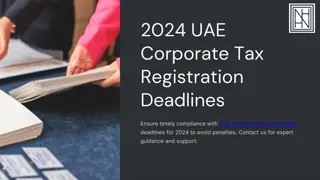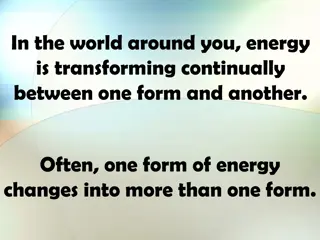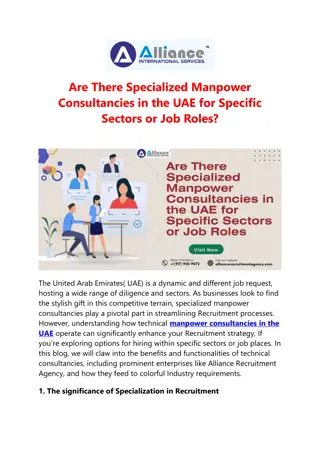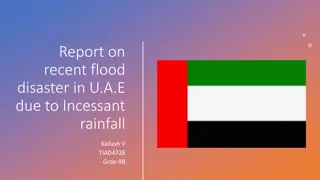
Building Training Capacities in the UAE for Promoting Peaceful Energy Culture
This study focuses on developing training capacities in the UAE to spread the culture of peaceful energy among Arabic speakers. It explores renewable energy importance, training needs, and aligning with global trends for a sustainable future.
Download Presentation

Please find below an Image/Link to download the presentation.
The content on the website is provided AS IS for your information and personal use only. It may not be sold, licensed, or shared on other websites without obtaining consent from the author. If you encounter any issues during the download, it is possible that the publisher has removed the file from their server.
You are allowed to download the files provided on this website for personal or commercial use, subject to the condition that they are used lawfully. All files are the property of their respective owners.
The content on the website is provided AS IS for your information and personal use only. It may not be sold, licensed, or shared on other websites without obtaining consent from the author.
E N D
Presentation Transcript
A Suggested Vision for Building Training Capacities in The United Arab Emirates Qualified to Spread the Culture of Peaceful Energy Among Arabic Speakers
Abstract The study aims to build training capacities in the United Arab Emirates to spread the culture of peaceful energy in the Arab world. The goal is to educate all Arabic speakers about the importance of renewable and green energy. The focus is on defining the knowledge and skills required to effectively spread this culture and raise awareness. The Western world's strong movement towards clean energy is highlighted as an example. A documentary approach was used to analyze relevant documents and studies. The constructivist approach was used to develop a proposed scenario for training and building capacities. The researcher presented a vision for selecting, training, and qualifying human capabilities in the UAE. The lack of qualified capabilities in the Arab world is seen as a significant challenge. The ultimate goal is to spread the culture of peaceful energy across the Arab world.
Introduction Peaceful energy refers to the use of renewable energy sources with low environmental impact and carbon emissions. Sources of peaceful energy include solar, wind, and hydro energy. Adopting peaceful energy practices helps countries reduce reliance on non-renewable energy sources and combat climate change. Peaceful energy promotes stability by reducing dependence on fossil fuel imports and minimizing geopolitical tensions. The United Arab Emirates recognizes the importance of sustainable energy practices and the economic potential they offer. Building and enhancing training capacities within the UAE will promote a culture of peaceful energy in the Arab world. Western countries have made significant progress in adopting peaceful energy practices, inspiring others, like the UAE, to follow suit. This research aimed to identify the necessary knowledge and skills for promoting peaceful energy and developed a comprehensive training program to acquire those competencies. Descriptive and analytical methods were used to analyze current capabilities and performance criteria to ensure the training program meets industry needs and aligns with the Arab world's requirements.
Literature Review I. The importance of renewable energy in the world and in the UAE The UAE has recognized the importance of renewable energy and aims to generate 50% of its energy from clean sources by 2050. The country has made significant investments in solar power, including the Noor Abu Dhabi plant, the world's largest single-site solar power plant. The UAE has also invested in wind power, with projects like the Al Dhafra wind farm. The UAE is also improving energy efficiency through initiatives like the Dubai Green Building Regulations and Specifications. Renewable energy investments have created jobs and attracted foreign investment, positioning the UAE as a leader in the sector. The Mohammed bin Rashid Al Maktoum Solar Park is the largest solar power plant in the world and a significant milestone in renewable energy development in the Middle East, reducing carbon emissions and creating economic opportunities. Implementing a hybrid renewable energy system can enhance energy security, contribute to sustainability goals, and promote economic growth. The UAE should address the risks associated with coal and prioritize the development of renewable energy sources to ensure a sustainable and environmentally friendly energy sector.
Literature Review II. Training Capacities for Peaceful Energy Building training capacities in the UAE is necessary to spread the culture of peaceful energy among Arabic speakers. These training capacities should have the knowledge and skills to educate Arabic speakers about the importance of renewable energy and its role in achieving sustainable economic growth. They should also raise awareness about the negative impacts of non-renewable energy sources on the environment. Initiatives like the smartphone application game called DAYSAM aim to increase preschoolers' awareness of renewable energy. The UAE government introduced the sustainability initiative "Estidama" to encourage sustainable development and reduce energy consumption and emissions. The Pearl Building Rating System (PBRS) is used to rate buildings based on their sustainability performance, with a target of 2 out of 5 pearls for governmental buildings. The ADEC plans to build 100 new schools, but only 20% have reached the targeted sustainability rating.
Literature Review III. Constructivist Approach to Training The constructivist approach to training emphasizes active learning and problem-solving. It encourages learners to think critically about renewable energy issues and develop solutions. The approach follows three principles: progress from specific to general, concrete to abstract, and creation of rich learning environments. Learners play an active role in constructing their own understanding of the material being taught. Collaborative exercises such as virtual field trips and group projects can enhance learning. The approach helps learners develop a deeper understanding of renewable energy issues. It equips learners with the skills to develop solutions for peaceful energy.
Methodology Documentary approach used to analyze documents and studies on skills, knowledge, and performance needed for human capabilities in the United Arab Emirates. Aim is to promote a culture of peaceful energy. Constructive approach used to propose perception for building, developing, and training human capabilities. Goal is to achieve high level of training to spread culture of peaceful energy among Arabic speakers.
Results I. What are the training capacities for peaceful energy in the Arab world? Some Arab countries have implemented green building rating systems such as Estidama, GSAS, and ARZ. These systems may still be behind green building rating systems in developed countries. Arab countries are investing in nanotechnology research, education, and industry. The goal is to build scientific capacity and keep up with global developments in nanotechnology. The focus is on serving national interests in energy, water, food supply, medicine, and local industry. Most Arab countries are located in the Sunbelt, where solar insolation is high. It is suggested that transitioning to a 100% WWS system could reduce end-user demand by 32% in 2050.
Results II. What are the main knowledge and skill areas that need to be developed for training capacities on peaceful energy? In-depth understanding of various renewable energy sources and technologies (solar, wind, hydro power, etc.) is essential. Knowledge of relevant energy policies, regulations, and incentives related to renewable energy adoption is necessary. Technical skills to design, implement, and maintain renewable energy systems are required. Project management and business skills are crucial for developing viable initiatives. Communication and education skills are needed to effectively raise awareness and promote behavior change. Data analysis and modeling capabilities are necessary to forecast potential economic impacts of renewable energy adoption.
Results III. What are the implications of the lack of existing training capacities in this area? Lack of organized efforts and training capacities for promoting a culture of peaceful energy in the Arab world Renewable energy adoption in the UAE and globally demonstrates the feasibility of peaceful energy Right knowledge, skills, and promotional efforts are needed for peaceful energy Developing targeted training capacities can catalyze a transition to peaceful energy Peaceful energy transition offers economic, environmental, and social advantages in the Arab world Lack of comprehensive training programs and initiatives for promoting peaceful energy in the Arab world Existing programs are limited in scope and scale Minimal research on quantifying the potential economic benefits of peaceful energy in the region.
Results The key knowledge and skills required for training capacities on peaceful energy include: 1. In-depth understanding of renewable energy sources and technologies (solar, wind, hydro, etc.). 2. Knowledge of energy policies, regulations, and incentives related to renewable energy. 3. Technical skills to design, implement, and maintain renewable energy systems. 4. Project management and business skills to develop viable initiatives. 5. Communication and education skills to raise awareness and promote behavior change. 6. Data analysis and modeling capabilities to forecast economic impacts.
Discussion The study emphasized the urgent need for targeted training programs to promote a culture of peaceful energy in the Arab world. Currently, there is a lack of comprehensive initiatives and programs focused on building the necessary capabilities for renewable energy adoption in the region. The research aimed to develop a vision and framework for training on peaceful energy to drive progress in this area. The identified knowledge and skills, including technical, policy, project management, and communication competencies, serve as a foundation for curriculum development. Tailored training programs, utilizing best practices like the constructivist approach, can produce qualified professionals to effectively promote peaceful energy. Further research is required to validate and refine the proposed conceptual framework, including implementing pilot training programs and gathering feedback from trainees. It is crucial to establish partnerships with universities, vocational centers, and industry to execute this vision and build the Arab world's capacity for peaceful energy, contributing to the renewable energy transition for a sustainable future.
Proposed Vision I. Philosophy and Starting Points This proposal recognizes the potential benefits of renewable energy sources like solar, wind, and hydro power Renewable energy sources can reduce carbon emissions, mitigate climate change, improve energy security, drive economic growth and sustainability, and improve public health by reducing pollution Building knowledge, skills, and communication capacities are essential for the mass adoption of renewable energy The UAE is well-positioned to develop these capabilities
Proposed Vision II. Objectives Develop comprehensive training curricula covering all aspects of peaceful energy promotion Include technical skills for designing, implementing, and maintaining renewable systems Provide knowledge of relevant policies and regulations Offer project management and business skills training Teach effective communication and public awareness strategies Provide data analysis capabilities for modeling economic impacts Implement high-quality training programs Use best practices like constructivist pedagogy Equip professionals with the full range of competencies needed for driving peaceful energy adoption in the Arab world Catalyze a broader transition to renewable energy in the region Develop a critical mass of qualified professionals Enable professionals to educate the public and influence decision makers.
Proposed Vision III. Components and Procedures Skills Gap Analysis: Technical design, maintenance, and modeling skills are the top priorities for curriculum development. Curriculum Development: Modular curricula can be designed covering 5 core competency areas: technical skills, policy knowledge, business acumen, communications, and data modeling. Partnership Development: Partnerships can be established with 2 or 3 universities to utilize faculty and lab facilities. Validation: Pilot training program can be conducted for learners from diverse backgrounds. Scaling Up: The program aims to train 500 professionals in the first year with a validated curriculum.
The Proposed Vision Technical design, maintenance, and modeling skills are the top 3 priorities for curriculum development. Regulatory and incentive frameworks in renewable energy policy knowledge are an existing gap. Communications and public awareness skills are highly important. Modular curricula can be designed covering 5 core competency areas: Technical skills, policy knowledge. business acumen, communications, and data modeling. Programs allow flexibility. Instructional design are incorporated. Partnerships can be established with universities to utilize faculty and lab facilities. Leading renewable energy companies can provide expert instructors and site visits to operational plants. Vocational centers can offer certification programs to complement curriculum. Partnership Development Curriculum Development Skills Gap Analysis The program aims to train 500 professionals in the first year. A train-the-trainer model will be used to replicate the program. Partnerships will be expanded across the UAE. Online and blended models will supplement in-person delivery. Pilot training program can be conducted for the learners from diverse backgrounds. Qualitative feedback can be used for validation. Training duration can be expanded based on pilot results. Validation Scaling Up
Conclusion There is an urgent need for specialized training capacities in the United Arab Emirates (UAE) to promote the adoption of renewable energy sources in the Arab world. This study proposes a framework for developing tailored training curricula, implementing immersive learning programs, and forming strategic partnerships to build the knowledge and skills needed to promote peaceful energy. The research identifies core technical, policy, business, communications, and analytical competencies as the foundation for developing professionals who can actively advance the renewable energy transition. Future research should focus on validating the proposed approach through pilot programs and quantifying the potential returns on investment. Targeted training capacities on peaceful energy can play a pivotal role in securing a sustainable future for the Arab world. The UAE, being a leading regional actor with significant investments in clean energy infrastructure, is well-positioned to spearhead this effort. By equipping professionals with the necessary resources and expertise, the UAE can lead the drive towards a low- carbon, resource-efficient economy across the Middle East and North Africa. Establishing world-class training programs is a crucial first step in this endeavor.

